Taking stock: CCPO Cheema says crime on the decline in Quetta
A year into the job, city police chief discusses the challenges he faces
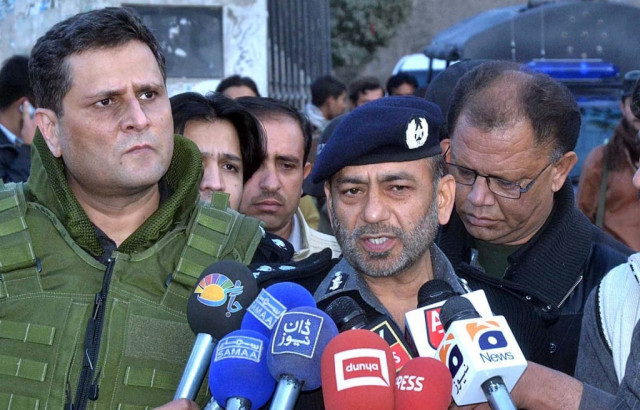
Quetta Valley, surrounded by rolling dry mountain ranges, appears beautiful and calm. But the valley makes headlines for all the wrong reasons: deadly bombings, targeted killing, sectarian violence and protest rallies. “There are 34 districts in Balochistan besides Quetta.
The media reports every crime that takes place in Quetta, creating the impression that it is the most volatile and violent city in Pakistan. Everyone living outside Balochistan thinks that bombings and targeted killings are a daily occurrence,” complains Capital City Police Officer (CCPO) of Quetta Abdul Razaq Cheema.
In an exclusive interview with The Express Tribune, Cheema explains that while the city is often held hostage by criminals, life here goes on just as it does in other major cities in the country. “The cases here are sensitive and that is why they get the media’s attention,” he feels.
Cheema came to Quetta a year ago, after serving in Karachi, Lahore, Faisalabad and Gujranwala. He admits that the city isn’t a haven of law and order and people live in fear of explosions or mass killings and in many cases, crimes go unpunished. “We have not been able to trace the murderers of journalist Irshad Mastoi and his colleagues,” points out Cheema.

Training of police
Cheema says the flow of information between people and the police is not satisfactory and therefore “police have difficulty obtaining information about criminals”. “People do not cooperate with the police,” Cheema says. “However, the teams working on sectarian violence and organised crime are much better than those working on regular crimes.”
Additionally, compared with their peers in Karachi or Lahore, police in Quetta remain bound by tradition. “They will think twice before raiding a suspect’s house as ours is a tribal society and people consider a raid a personal attack, sometimes interpreted as personal or tribal enmity,” Cheema explains. He adds, “We have seen positive results from anti-terrorism and other training and police officials are becoming better at handling crime.”
According to official figures, the incidence of bombings and attacks in Quetta have diminished. While 124 explosions took place in 2013, there have been 60 thus far in 2014. “Ten people were killed in sectarian violence, seven police officers were gunned down and there were 14 targeted killings this year,” the CCPO says, rattling off police statistics. “All in all, there has been a decline,” he reiterates.
Cheema says the law and order situation would greatly improve if there was an effective computerised system for checking and registering smuggled or stolen vehicles in Balochistan. “People in Quetta seem to be able to get a car quite easily. The police impounded 34 robbed, stolen or smuggled vehicles from Quetta in one month,” he says. “The number of vehicles smuggled through customs is huge, and only the police in Quetta checks for customs documents, while in other parts of Balochistan this is not routinely checked.”
Foreign elements
Members of the Afghan Taliban fuel the violence in Quetta, Cheema says. “They kill each other in Afghanistan and then target people here in Quetta to settle the score,” he explains. There are around 700,000 Afghan refugees and illegal immigrants in Quetta Valley alone and Cheema says Taliban militants mingle among the refugees.
“It is difficult to trace them in such a huge mass of people,” he says, adding that these foreigners are not political refugees, but a burden on Balochistan’s economy. “Most of them have come here looking for better job opportunities. Many own private businesses and big shopping malls and shops in Quetta,” he said, adding that there are also Iranian residents who have obtained Pakistani citizenship.
Trials without autopsies
“In 22 years of my career, I have never seen an investigation that did not require the victims’ bodies to be examined for post-mortem,” Cheema says. “But here, there are trials and court proceedings without autopsies. The victims are simply and externally examined.”
While this may be in part due to traditions in Balochistan, Cheema feels people are averse to autopsies as they fear the doctors will steal human organs. Many feel an autopsy is a desecration of the body. “A court in Karachi or Lahore would not try a case without an autopsy,” Cheema adds.
Published in The Express Tribune, September 30th, 2014.



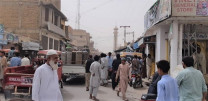
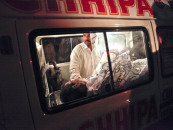
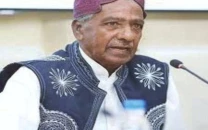
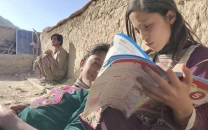

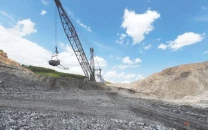

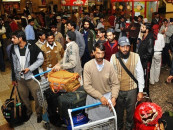








COMMENTS
Comments are moderated and generally will be posted if they are on-topic and not abusive.
For more information, please see our Comments FAQ